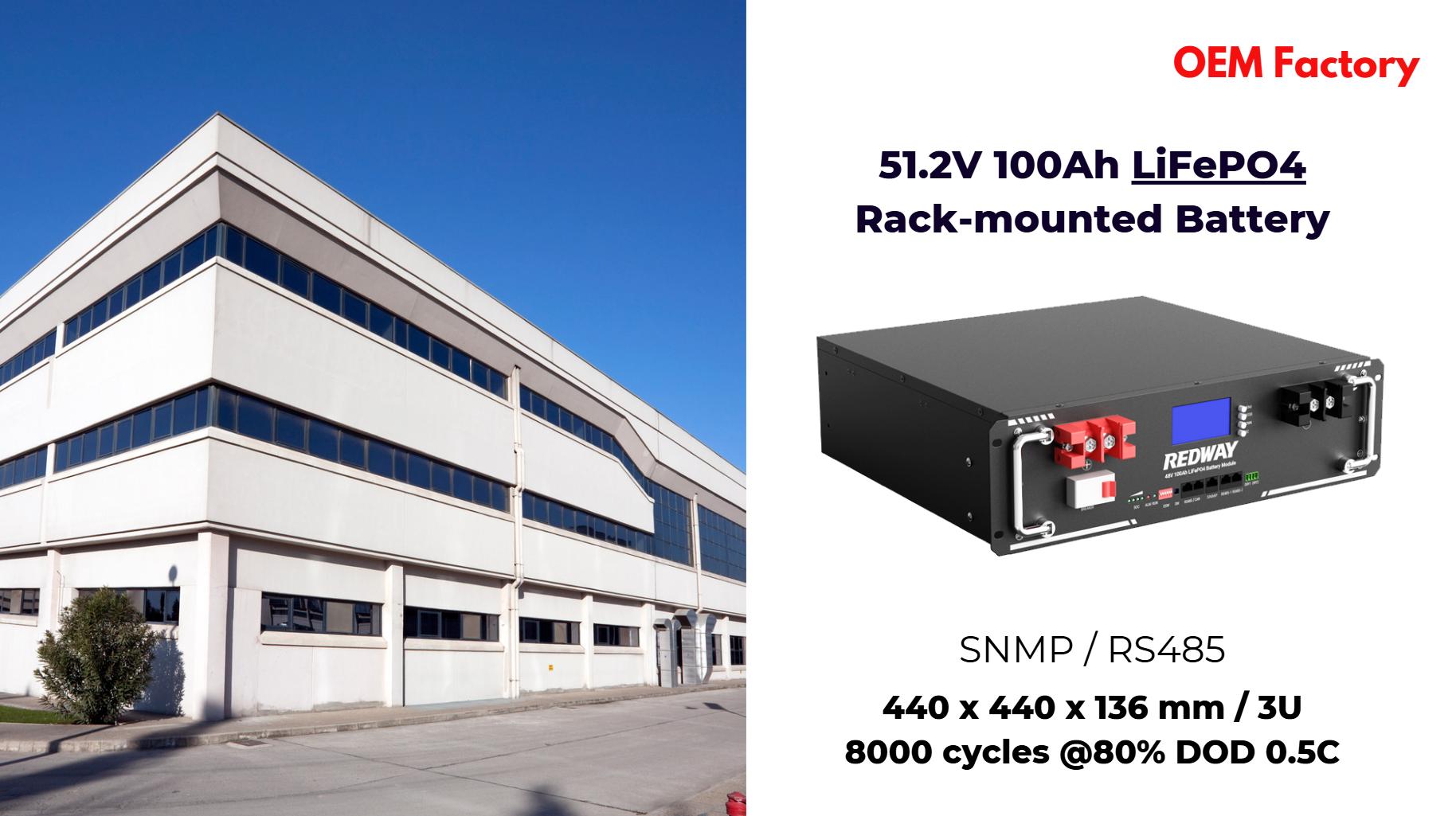
What Are the Key Specifications and Features of LiFePO4 Batteries?
Lithium Iron Phosphate (LiFePO4) batteries, including models like the 51.2V 100Ah, 24V, and 36V batteries, are celebrated for their efficiency, safety, and longevity, making them ideal for various applications from renewable energy storage to electric vehicles. Understanding their specifications and features is crucial for selecting the right battery for your needs.
What Are the Key Specifications of 51.2V 100Ah LiFePO4 Lithium Battery?
The 51.2V 100Ah LiFePO4 lithium battery is designed for high-performance applications, featuring a nominal voltage of 51.2 volts and a capacity of 100 amp-hours. This battery typically has:
- Cycle Life: Over 4000 cycles, ensuring long-term reliability.
- Energy Density: Approximately 140-160 Wh/kg, allowing efficient energy storage.
- Operating Temperature Range: From -20°C to +60°C, making it suitable for various environments.
How Do 24V and 36V LiFePO4 Batteries Differ in Performance?
24V and 36V LiFePO4 batteries are commonly used in different applications, each offering unique advantages:
- 24V LiFePO4 Battery: Ideal for smaller systems like electric bikes or solar storage systems, typically featuring capacities ranging from 60Ah to 200Ah.
- 36V LiFePO4 Battery: Often utilized in larger setups such as electric scooters or power tools, providing higher power output with capacities around 10Ah to 40Ah.
Both types maintain similar chemistry benefits but cater to different power requirements.
What Should You Consider When Looking for Cheap LiFePO4 Batteries?
When searching for cheap LiFePO4 batteries, consider:
- Cycle Life: Ensure it offers at least 2000 cycles to ensure longevity.
- Warranty: Look for products with at least a 5-year warranty, indicating manufacturer confidence.
- Safety Features: Check if they include built-in protection against overcharging, overheating, and short circuits.
While affordability is important, compromising on quality can lead to higher costs in replacements and maintenance.
Which Features Make a Battery Ideal for Use with a BMS?
A battery suited for use with a Battery Management System (BMS) should have:
- Integrated BMS: This feature helps monitor individual cell voltages, temperatures, and overall health.
- Communication Capability: The ability to connect with apps or devices for real-time monitoring.
- Safety Protections: Built-in safeguards against overcharge, over-discharge, and short circuiting enhance safety during operation.
These features ensure optimal performance and longevity when using a BMS.
What Is the Best App for Managing My LiFePO4 Battery BMS?
The best app for managing your LiFePO4 battery BMS often depends on compatibility with your specific battery model but popular options include:
- Battery Monitor Pro: Offers real-time monitoring and notifications about battery health.
- BMS Monitor App: Specifically designed for various BMS systems, providing detailed insights into performance metrics.
- VictronConnect: Ideal for users with Victron products; allows monitoring and configuration directly from your smartphone.
These apps enhance user experience by providing essential data at your fingertips.
Expert Views
Choosing the right specifications is vital when selecting a LiFePO4 battery,” states Dr. Sarah Johnson, an expert in energy storage solutions. “Understanding your application needs will guide you in selecting between different voltages and capacities while ensuring you have a reliable management system in place.”
FAQ Section
Q: How long do LiFePO4 batteries typically last?
A: Most high-quality LiFePO4 batteries last between 2000 to over 4000 cycles, depending on usage conditions.Q: Can I use a cheap LiFePO4 battery safely?
A: Yes, but ensure it meets safety standards and has necessary protections to avoid risks associated with low-quality batteries.Q: Is it necessary to use a BMS with my LiFePO4 battery?
A: While not strictly necessary, using a BMS significantly enhances safety and performance by monitoring cell health and preventing damage.
